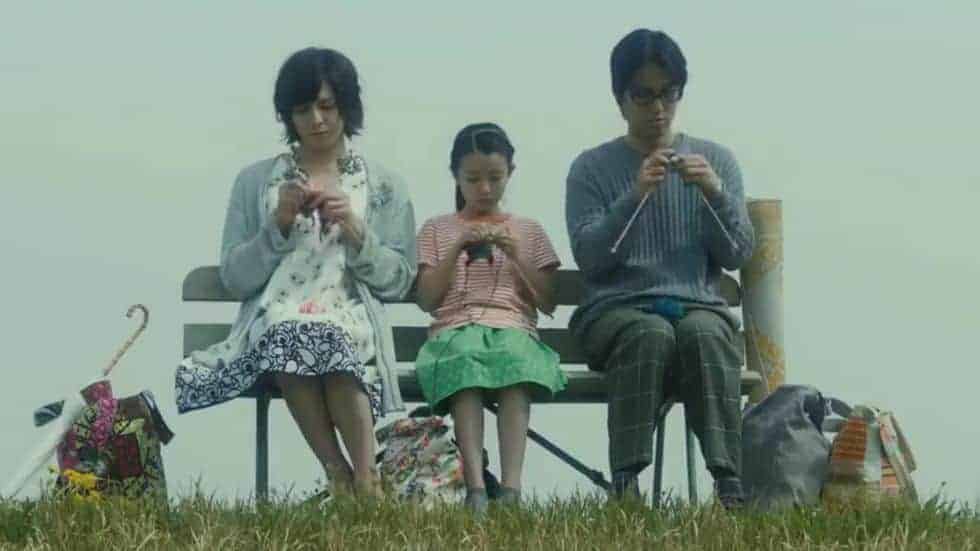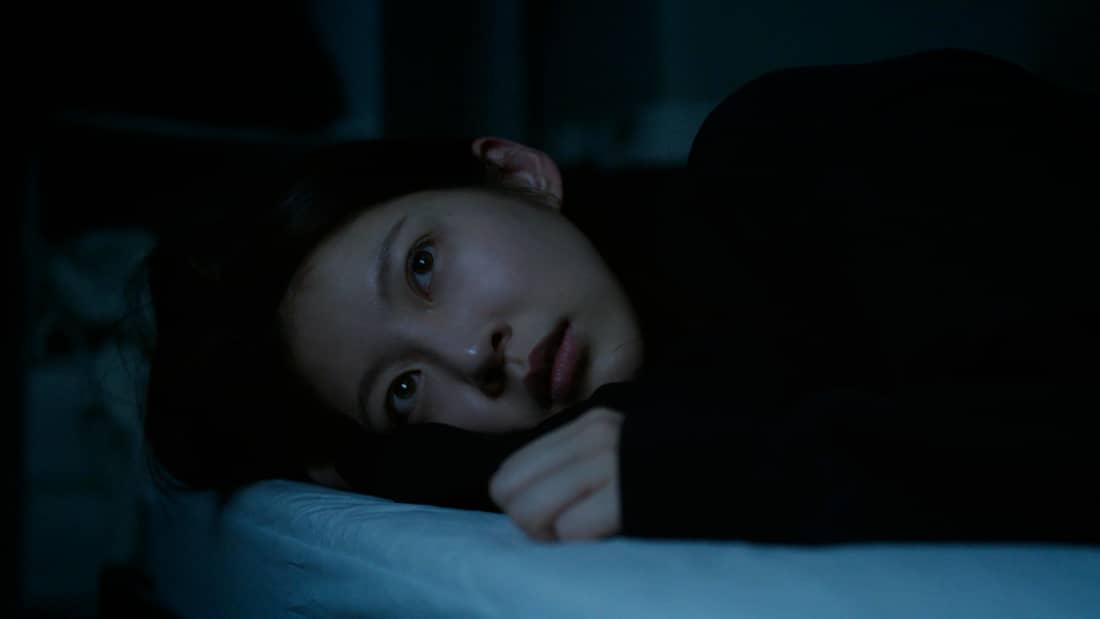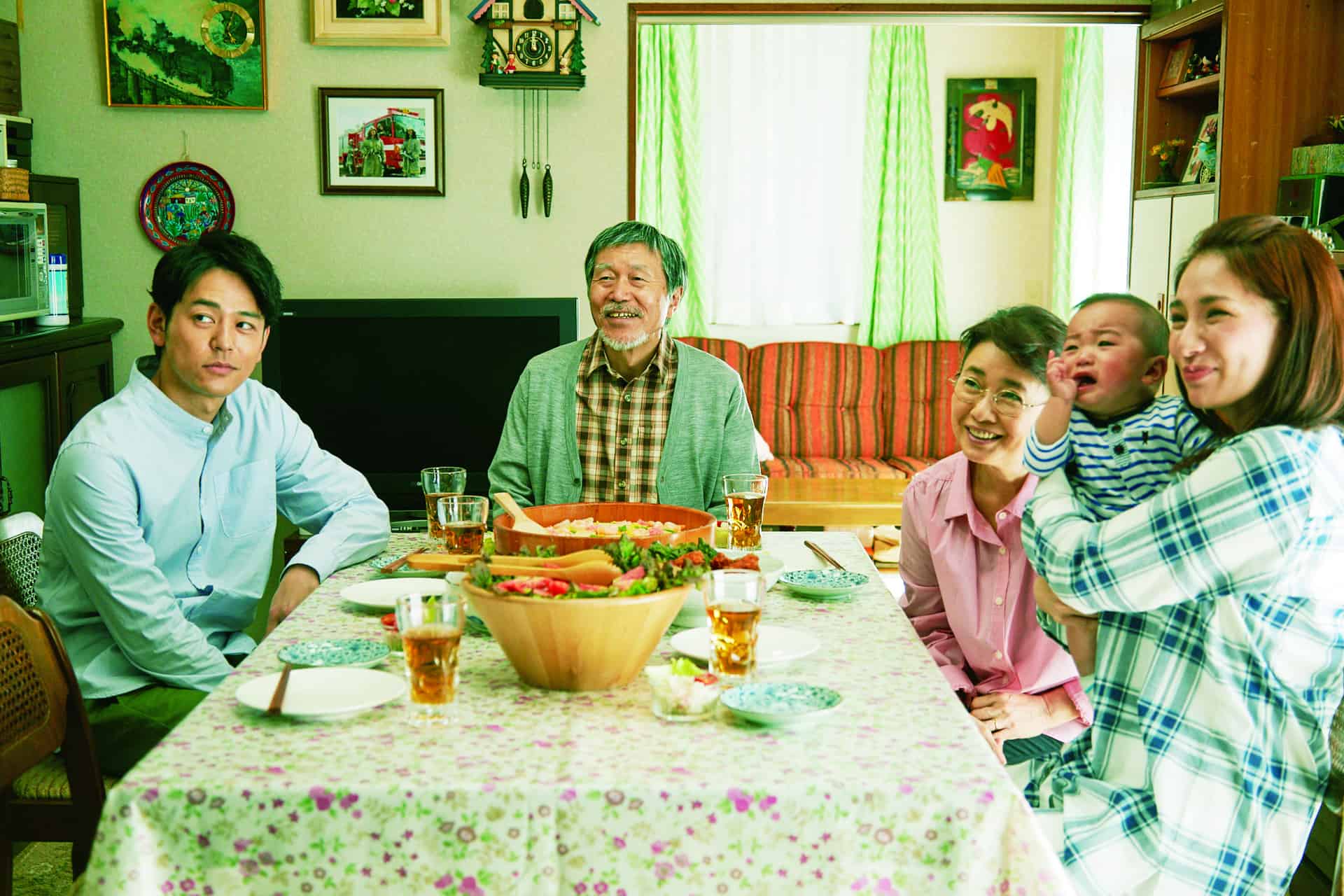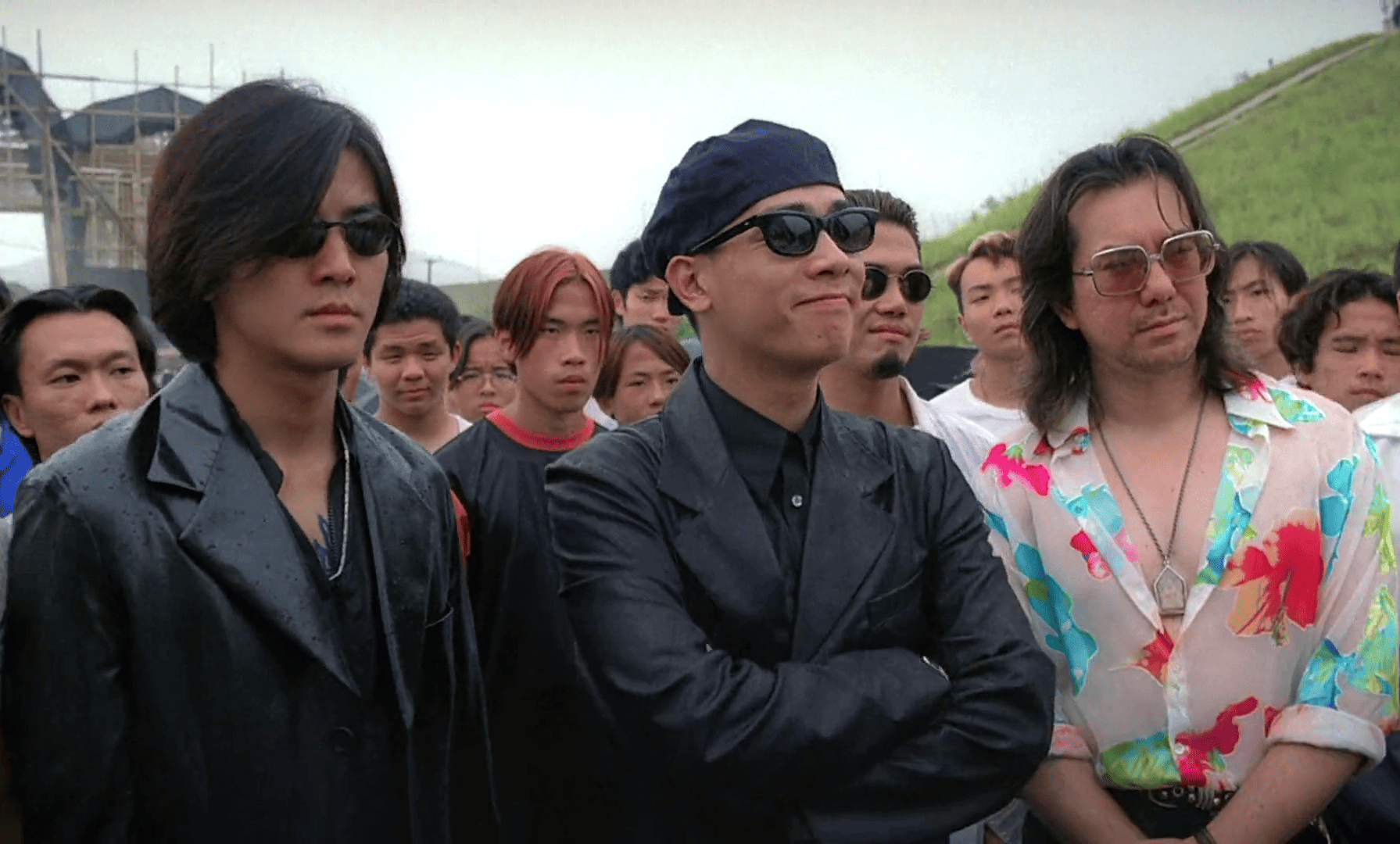As I have mentioned many times before, if there is one genre that can be found in abundance in Japanese cinema, that would be the family drama, in the distinct, indie style so many local filmmakers seem to prefer. Naoko Ogigami however, strays away from the basics of the genre, by presenting the interaction of the family concept with LGBT.
The story revolves around Tomo, an 11-year-old girl who is living with her negligent mom, who seems to care very little for her, even abandoning her for days at a time. Having no alternative, Tomo ends up staying with her uncle Makio, her mother's brother, after she disappears once more. Makio is living with Rinko, an LGBT, which makes quite an impression to Tomo, as one of his initial statements is to clarify that she was born a boy. Despite her amazement and perplexity, the girl soon warms up to Rinko, who is very gentle and caring with her, not to mention a great cook and wonderful knitting teacher. Soon, the two of them form a mother-daughter relationship, although the rest of the world does not seem so positive about their connection, particularly the mothers of the students in the school and even some of her schoolmates, who actually bully her for her circumstances.
Another victim of the same behaviour is Kai, Tomo's classmate, who also feels that he should have been born a girl, in a tendency resulting in the scorn of his classmates, who eventually make him a pariah, who not even Tomo wants to associate with. Eventually though, she becomes his only friend, after she understands more about his nature as she gets to know Rinko. His mother, on the other hand, is a whole other case, with her behaviour even resulting in her offering to “save” Tomo from the grasps of abnormality.
Ogigami follows most of the rules of the Japanese family drama, implementing a slow pace with not much exaltation (even knitting becomes a theme after a fashion), much subtlety, apart from a few comic moments here there, occasionally involving breasts, and great attention to the realistic depiction of the various settings. However, as her theme is LGBT, she strays quite far from the norms of the Japanese film drama in this aspect, since along with the family problems always presented in the genre, comes the issue of prejudice against these people.

Ogigami's look at the connection of Tomo and Makio is very sensitive, presenting the latter as a very gentle, loving and disillusioned about her situation individual, not neglecting though, to present the issues she has with her own mother. The same applies to Tomo, who is adorable as she succumbs to Makio's care, highlighting, in that fashion, the neglect of her own mother and her need for connection with a mother figure. Another comment Ogigami seems to make is that love can be found in the strangest of places, and the sex of the people involved is not a matter.
All the above though, do not mean that the film presents an idealized situation, since the problems are there and are many, with the trait finding its apogee in the final sequence, when Tomo's mother returns, in probably the strongest scene in the movie. The dramatic element is also presented through Kai's character, with his story taking a completely different road than the girl's is.
“Close-Knit” benefits the most from the two main protagonists, with Toma Ikuta presenting a great Makio, managing to retain a restrain that fits the role and the film's aesthetic to perfection, in a role that is radically different that the ones he played in films like “The Mole Song“. It would be no exaggeration to say that hte movie works mostly because of him. 13-year-old Rinka Kakihara is great as Tomo, managing to present a variety of sentiments throughout the film, with a professionalism that is usually met in actors much older. Her performance finds its highlight in the final sequence.
Kozo Shibasaki's cinematography follows the usual tendencies of the genre, focusing on realism and occasionally presenting some very beautiful images of the setting, like the one with the cherry trees. The same applies to Shinichi Fujima's editing, who allows the narrative to flow linearly and smoothly, without any extreme tactics.
“Close-Knit” takes a restrained but realistic approach to the LGBT theme by using the family drama as its setting, and is a very nice film to watch, that lacks, though, the impact that would elevate it to a masterpiece. A more than worthy effort though.

















